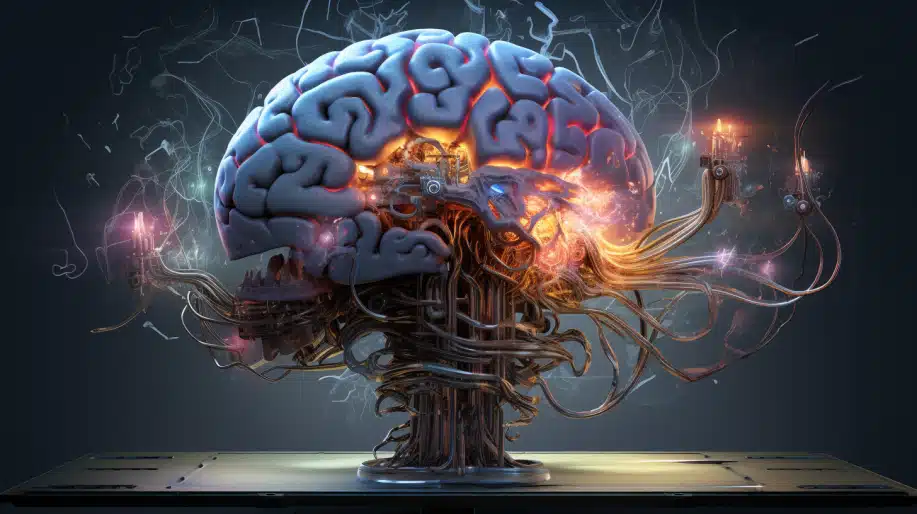Alcohol & Brain Volume in Older Adults: Cortical Thinning & White Matter Loss in Heavy Drinkers (250g/Week) (2023 Study)
Alcohol’s effects on the brain, especially among the elderly, have long been a subject of scientific inquiry. A recent study from Gothenburg, Sweden, provides new insights into how varying levels of alcohol consumption impact brain structure in individuals aged 70 and over. This research sheds light on the relationship between alcohol intake and the aging …






